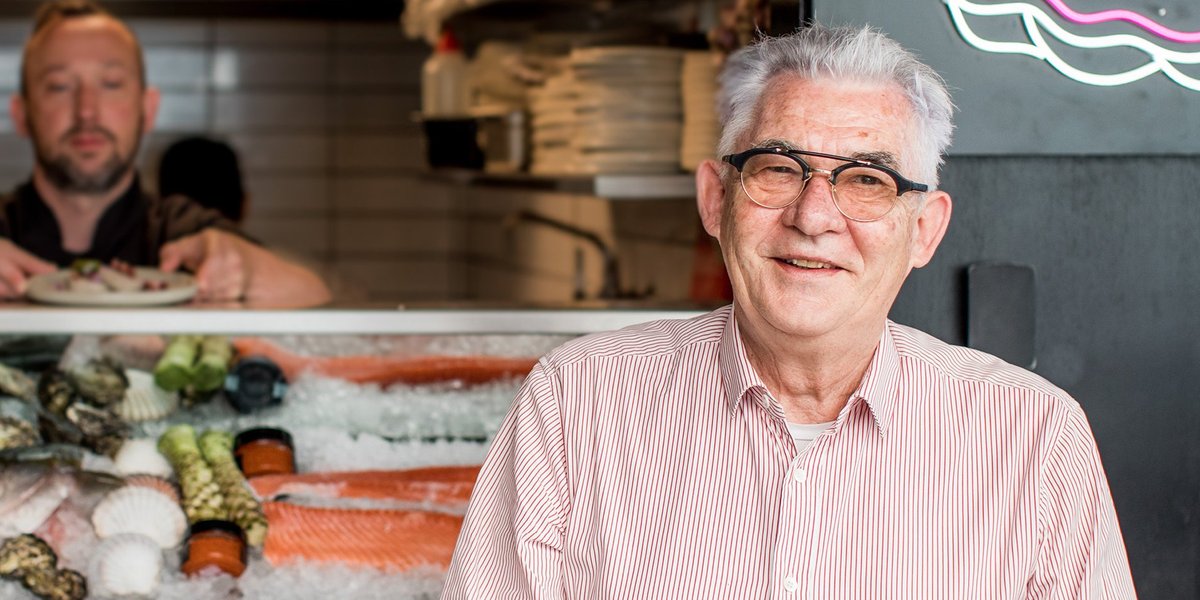Leah Galvin
“It did take me a while to persuade others it was worth focusing on Tasmanians too, but it was worth the persistence.”
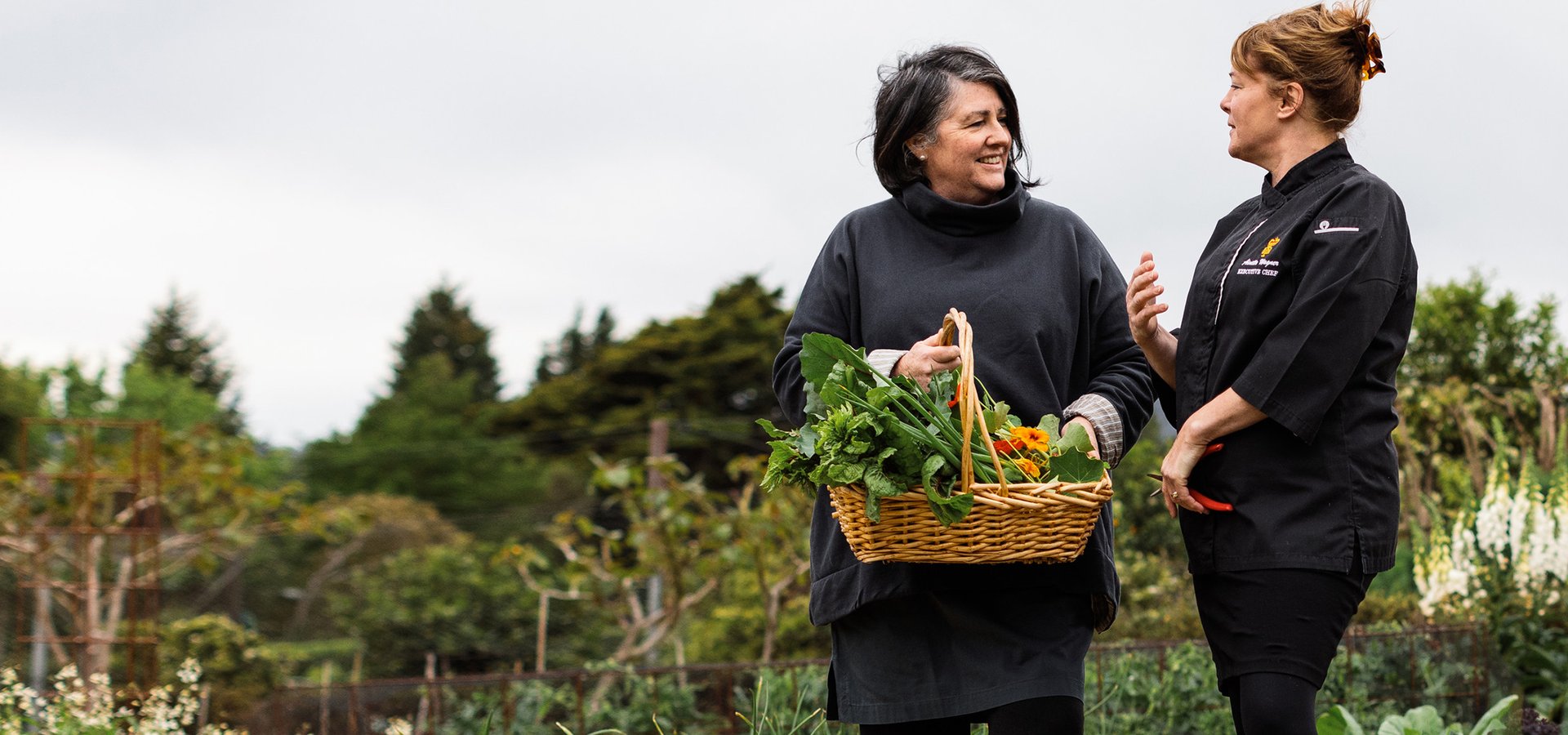
In most parts of the developed world, food comes from the supermarket.
Everything is available all of the time, even if it means the blueberries have been flown or trucked in from many thousands of kilometres away. Often food is seen as a commodity, something in plastic. Every season is blueberry season.
When Leah Galvin arrived in Tasmania, she saw an opportunity. With clever and hard-working farmers, great soil and a special climate, we can grow a lot here – even in our own backyards. But these opportunities are often seasonal. Rather than seeing this as a drawback, Leah wanted to make it a part of every choice we make.
She began with what the rest of Australia, and the world, was beginning to figure out: food from Tasmania is unusually delicious and Tasmanians like to eat it too. “It did take me a while to persuade others it was worth focusing on Tasmanians too, but it was worth the persistence.”
When seasonality is a part of every food decision we make, it’s better for our health and the health of our children, for the economy and for our long-term security. Fresh food tastes better.
“Tasmanians want to eat more locally-produced seasonal food, so with our industry partners we are now working on exciting and inventive projects that have positive impacts for businesses and the community.”
Leah is up against a global food system that resists the boutique, the special, doing things a different way. Blueberries are best between January and March and Tasmanian berries are worth waiting for. She knows if it will work anywhere, it will be here. “Nowhere is like Tasmania. It gets inside you.”
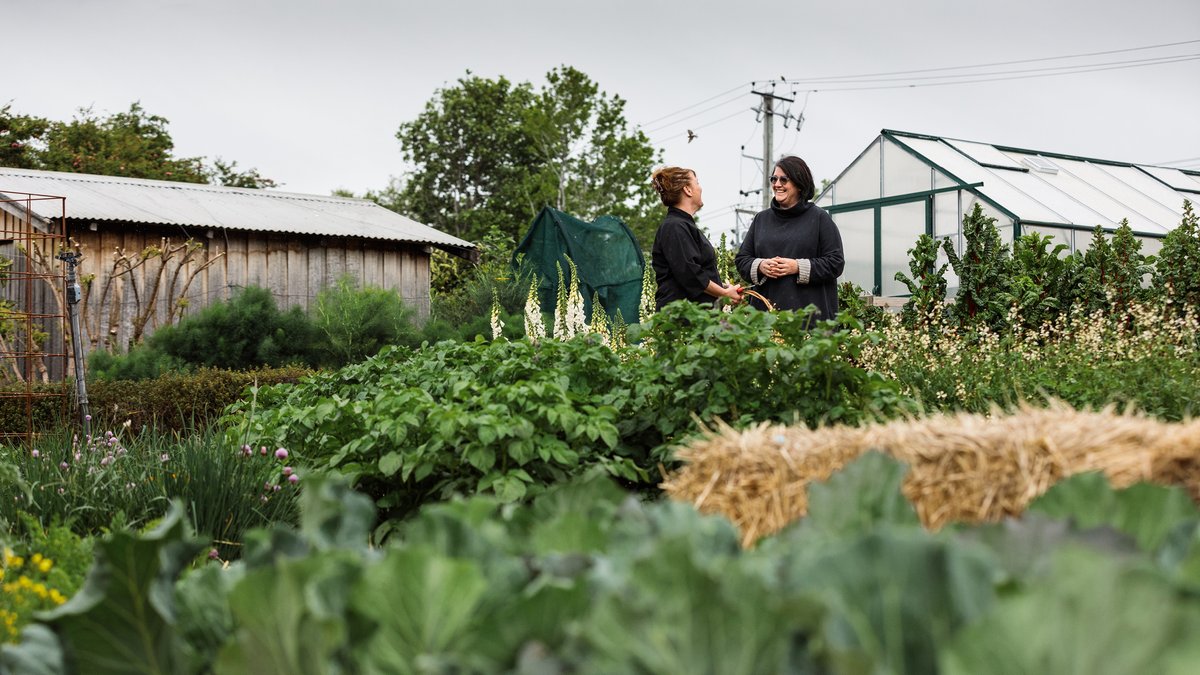
Read about more Tasmanians
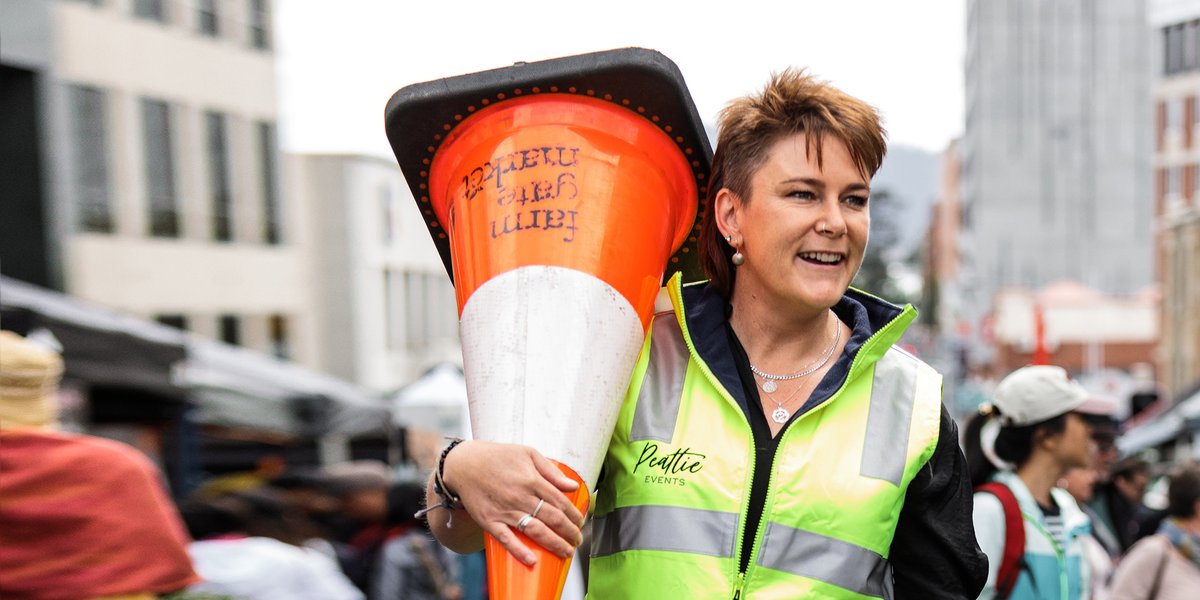
Madi Seeber-Peattie
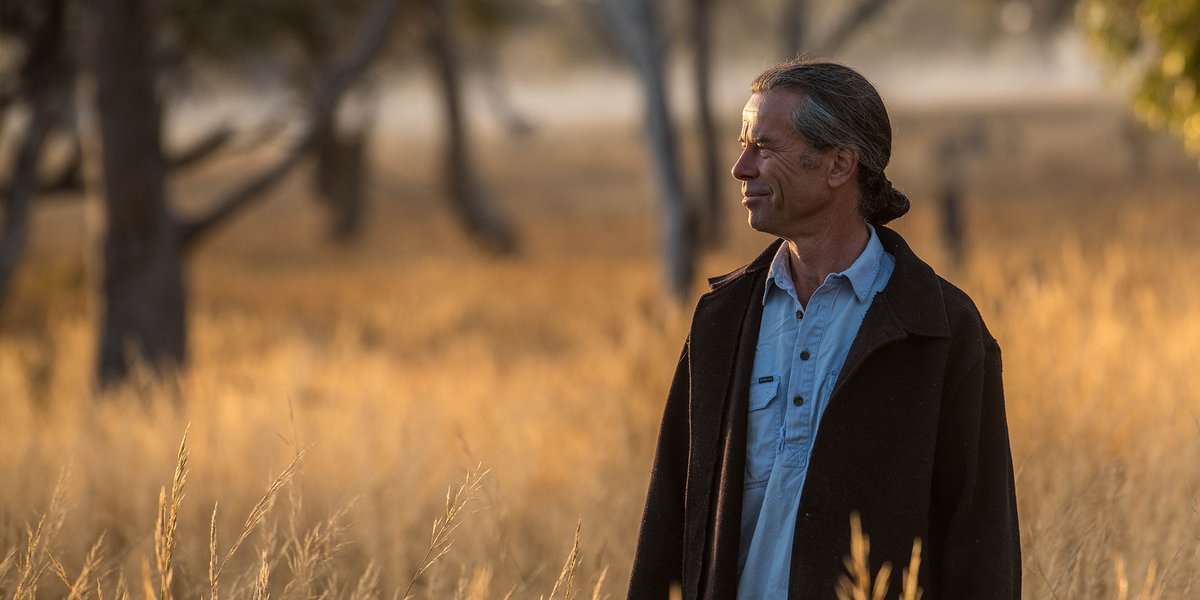
Julian von Bibra
